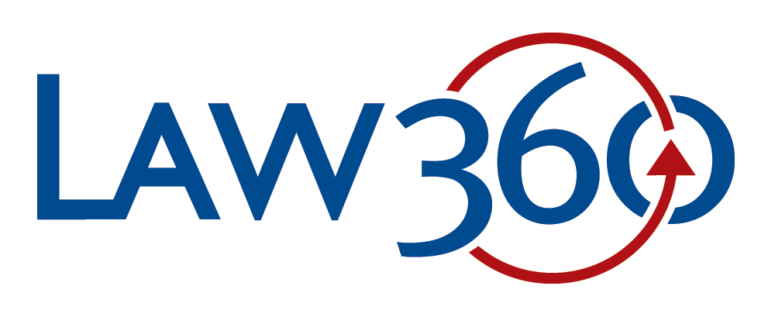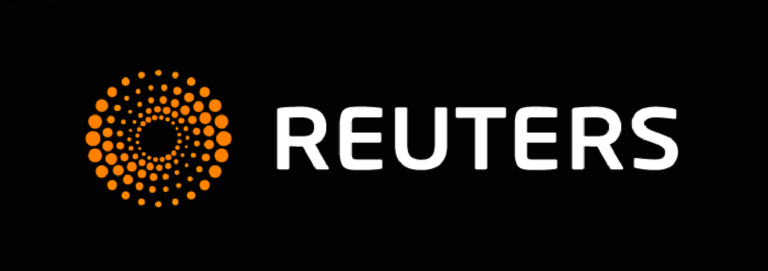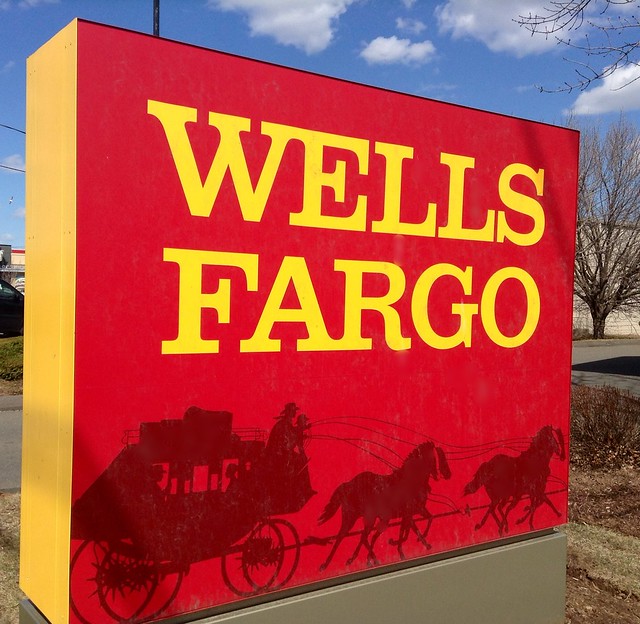In re Equifax Inc. Consumer Data Security Breach Litigation
The Center for Class Action Fairness objected on behalf of two class members to the infamous Equifax data breach class action settlement. The settlement is rooted in a fundamental failure to adequately represent the class.







